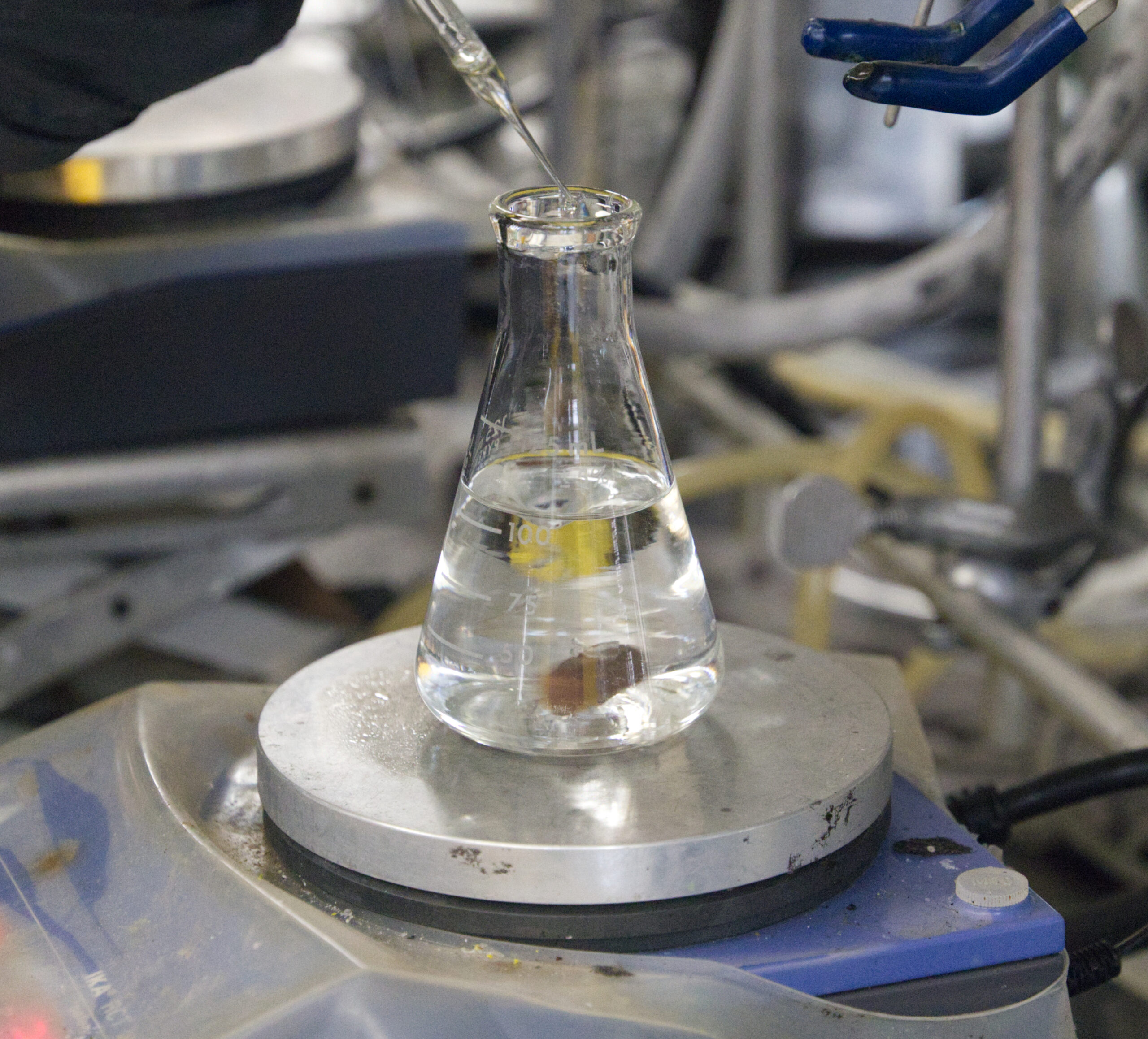
Graduate Advancement Training and Education
Previous GATE Awardees
2021 Awardees
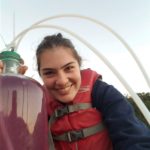
Kristen Butler
Department of Earth & Planetary Sciences
Kristen’s area of study is soil biogeochemistry; the study of the biological, geological, chemical, and physical characteristics that govern soil composition. Specifically, her research looks at the impact of manganese cycling on the carbon cycle and its greater impacts on global climate change.

Enzo Dinglasan
Genome Science & Technology
Dinglasan is expanding the sets of tools that can be used to engineer cell-free systems for maximizing protein and metabolite synthesis. The growth of the bioeconomy depends on the integration of biological approaches as green alternatives for commercial production. Bioproduction emerged to address sustainability concerns associated with chemical manufacturing methods that rely on petroleum. The advantage of speed that is offered by cell-free manufacturing will not only hasten our transition into a global bioeconomy, an increasingly urgent need as climate change worsens, it also provides opportunities to sustainably meet surging demands during global emergencies.
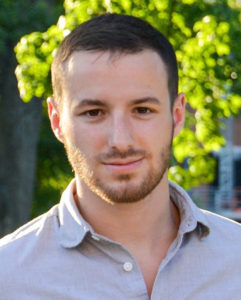
Devon Drey
Nuclear Engineering
Defect formation, defect mobility, and associated disorder profoundly affect the physical properties of many materials and influences material performance in both ambient and extreme environments. Devon Drey’s project uses the advanced materials characterization techniques to further our understanding of defect behavior and disordering over a range of length scales in several oxide materials.

Viswanathan Gurumoorthy
Department of Genome Science & Technology
Viswanathan’s research investigates intrinsically disordered proteins, or IDPs. IDPs have been shown to play a causative role in diseases such as cancer. He hopes to continue to address the knowledge gap in the study of proteins and their potential impact in a variety of systems.

Samara Levine
Department of Nuclear Engineering
Awarded 2020 and 2021 Funding
Samara left an industry career as a nuclear engineer to pursue research. Her work, which seeks to investigate radiation damage in reactor structures, has led to collaborations with ORNL and Lawrence Berkeley National Laboratory researchers. Her continuing research may ensure safer conditions for the generation of clean energy by fission and fusion systems.

Sarah Love
Ecology & Evolutionary Biology
Using the natural laboratory comparison of sky islands and adjacent mountain chains, Sarah Love examines how climate change since the end of the Pleistocene has influenced adaptive demographic processes, plant-soil feedbacks, and plant phenotypes across the entire natural range of the dominant riparian tree, Populus angustifolia, narrowleaf cottonwood.
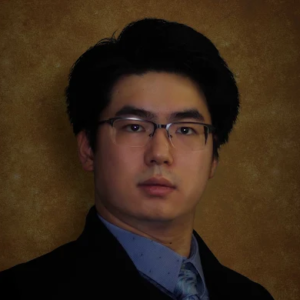
Zeyu Liu
Industrial & Systems Engineering
Zeyu Liu’s research focuses on mathematical optimization and operations research, especially under parametric uncertainties. His application area includes critical infrastructure, healthcare, transportation, and energy systems. Liu received his doctorate of Philosophy, Industrial Engineering from UT in 2022.
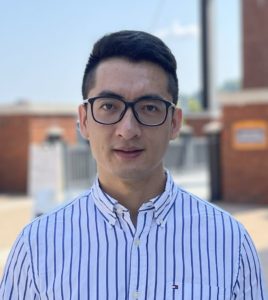
Hang Ma
Industrial & Systems Engineering
Hang Ma’s research focuses on statistical machine learning, mathematical optimization and scientific computing for modeling, control and optimization of complex dynamic systems ubiquitous in science and engineering. Ma’s current work is to develop interpretable machine learning methods to uncover the unknown physical laws in the complex systems, like machining dynamics for smart manufacturing and water electrolysis for green hydrogen production.
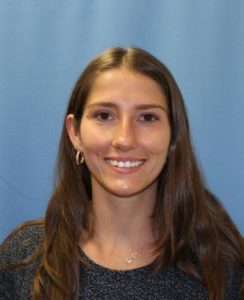
Maddison Melchionna
Biochemistry, Cellular, & Molecular
Maddison Melchionna’s research focuses on understanding the biochemical mechanisms by which bacteria sense
changes in their environments and respond to stress. Specifically, she has characterized the function of a widely conserved bacterial membrane protein, which allows cells to balance and maintain homeostasis of membrane energetics, including the transmembrane potentialand proton motive force.

Xin Wen
Department of Physics & Astronomy
The study of turbulence has implications in an array of real-world scenarios, from transportation to medicine. Xin’s research seeks to effectively quantify and test turbulent flow through the use of liquid helium. He plans to engage in multiple collaboration on this work, including with ORNL, the Joint Institute for Computational Studies, and the National High Magnetic Field Laboratory.
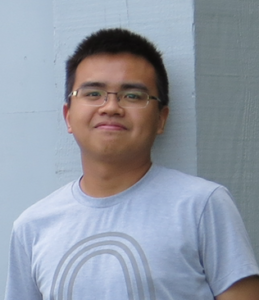
Hao Zhang
Physics & Astronomy
Hao Zhang researches theoretical condensed matter physics with an emphasis on quantum magnetism. In particular, Zhang’s interest is in the novel states of matter and the dynamical response in frustrated quantum materials. Zhang has developed some generalized notations in the field of quantum magnetism in their Ph.D. dissertation. These generalized notations provide powerful theoretical tools for modeling diffuse and inelastic neutron scattering experiments performed at the Neutron Scattering Division of ORNL.
2020 Awardees

Matthew Baucum
Department of Industrial & Systems Engineering
Awarded 2020 and 2021 Funding
Matthew’s research combines healthcare operations and data analytics, and will investigate techniques for more efficient weaning of medical patients from ventilators. Matthew’s earlier academic work in quantitative psychology laid a foundation for a nuanced approach to the fusion of theory-driven classical operations research and modern advances in data science that will serve to guide his continuing research to improve chronic and critical healthcare.

Liz Denison
Department of Microbiology
Awarded 2020 and 2021 Funding
Liz’s work focuses on the microbial communities of peat bogs, specifically Sphagnum, and how microorganisms may influence larger ecosystem processes. Peatlands have been identified as one of the most valuable, and most vulnerable, ecosystems on the planet. She hopes her work will contribute to predictive models of how Sphagnum will be impacted by warming temperatures.

Rajesh Ghimire
Department of Physics & Astronomy
Awarded 2020 and 2021 Funding
Rajesh’s research focuses on instrumentation development, data acquisition, and analysis of large data sets to better understand nuclear reactions. An understanding of nuclear reactions can lead to developing an understanding of nucleosynthetic processes in deep cosmos. Rajesh hopes to use this work to expand his expertise in experimental nuclear physics.

Adrien Green
Department of Physics & Astronomy
Awarded 2020 and 2021 Funding
Adrien’s work centers on the development of secure quantum communications, or the introduction of the laws of quantum mechanics into encryption to develop more secure means of communication. He hopes his work will contribute to the innovation necessary to make such technology widely accessible to the greater public.

Mohammad Aminul Haque
Min H. Kao Department of Electrical Engineering & Computer Science
Awarded 2020 and 2021 Funding
Aminul has always been fascinated by technology and electrical engineering. Focusing on the area of nanotechnology, his work seeks to bridge the disciplines of physics and electrical engineering. He hopes his research on 3D printed polymer structures will lead to a career in industry-oriented research and nanoelectronics fabrication.
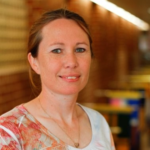
Michelle Lehmann
Bredesen Center for Interdisciplinary Research and Graduate Education
Awarded 2020 and 2021 Funding
Michelle is a nontraditional student exploring ion-transport membranes for non-aqueous battery systems. After spending ten years working as a veterinary technician, she enrolled at the University of Tennessee to pursue an education in chemical engineering and is currently pursuing a degree in energy science and engineering. She hopes her research will yield significant impacts for battery technologies.

Francis Okejiri
Department of Chemistry
Awarded 2020 and 2021 Funding
Francis’s research focuses on pollution from vehicle emissions, specifically carbon monoxide which is highly toxic to humans. Carbon monoxide has been linked to a number of respiratory illnesses and can be fatal to humans in relatively small doses. He hopes to develop crystalline materials that can transform carbon monoxide into the less toxic carbon dioxide.

Nick Oldham
Department of Entomology & Plant Pathology
Awarded 2020 and 2021 Funding
Nick’s work focuses on the effect of urban landscapes on wetlands and their associated pollinators. Specifically, his research investigates fly populations critical to the plant communities found in eastern Tennessee wetlands. As a self-described bug lover, Nick hopes his work will support UT-ORNL collaborations as well as educate broader audiences on the importance of pollinators.

Sreya Paladugu
Department of Materials Science & Engineering
Awarded 2020 and 2021 Funding
Sreya is investigating metal oxide catalysts under acid gas exposure through neutron and x-ray scattering. She hopes her work will contribute to materials discovery and design for energy applications, and create an opportunity for collaborations with industry partners.

Nitesh Shah
Department of Civil & Environmental Engineering
Awarded 2020 and 2021 Funding
The critical nature of road access was made clear to Nitesh in the wake of a devastating 2015 earthquake in Nepal. His work in transportation planning has led him to focus on sustainability, user behavior, and safety of shared micromobility; a potential solution to urban transportation issues like congestion and pollution.

Tyler Steiner
Department of Nuclear Engineering
Awarded 2020 and 2021 Funding
A lifetime of natural curiosity brought Tyler to the field of nuclear engineering for space applications. Nuclear thermal propulsion has been chosen by NASA to send humans to Mars, but a testbed for simulating the specific conditions this mission will experience does not yet exist. Tyler’s research will contribute to the development of such a test bed in an ongoing UT-ORNL collaboration.
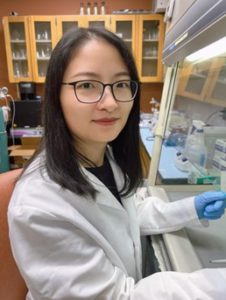
Huihui Sun
Department of Biosystems Engineering & Soil Science
Awarded 2020 and 2021 Funding
Huihui’s research focuses on soil environmental microbiology, specifically the role of viruses in soil. Viruses are known to play important roles in a given ecosystem, from carbon cycling to breaking down contaminants. Her work seeks to determine the effect of water in soil on the distribution of viral populations within that soil.

Matthew Whisenant
Department of Mechanical, Aerospace & Biomedical Engineering
As renewable energy technology continues to develop, existing infrastructures may provide stumbling blocks making it difficult to implement these technologies. Matthew’s research centers on hydropower, utilizing machine learning to develop more efficient turbines. He hopes his work will contribute to future increases in renewable energy use.

Yi Yang
Department of Materials Science & Engineering
Awarded 2020 and 2021 Funding
Stainless steel is a widely used material in pipes for oil refineries, power plants, and nuclear energy systems. Failed welds in these pipes can have dramatic consequences. Yi’s research investigates these welds and potential causes of their failures. She hopes to then generate a predictive model for industrial use in safety monitoring.

